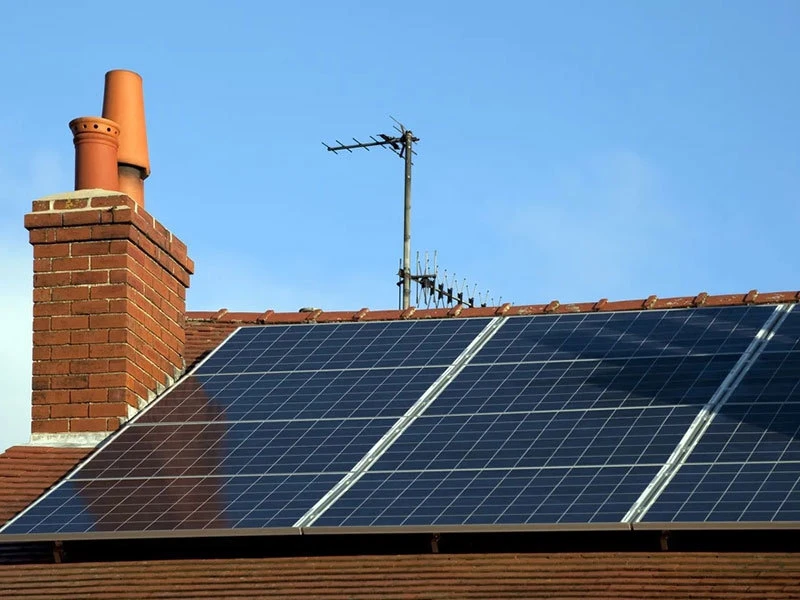Installing Solar Panels on Small Roofs for Maximum Energy Efficiency and Savings
The Benefits of Solar Panels on Small Roofs
In recent years, the push for renewable energy has gained significant momentum, and among the various sources available, solar energy has emerged as a leading choice for many homeowners. While it is often assumed that only large rooftops can accommodate solar panels, small roofs can also offer substantial benefits when fitted with solar technology.
Space Efficiency and Modern Design
Many small roofs, such as those found on townhouses, bungalows, or even small commercial buildings, can effectively host solar panels. With advances in solar technology, today’s panels are designed to be compact and efficient. High-efficiency solar cells can generate a considerable amount of energy even from smaller installations. Furthermore, modern designs, such as solar shingles, allow homeowners to integrate solar energy solutions seamlessly into their roofs without sacrificing aesthetic appeal.
Cost Savings
Cost is a significant factor driving the adoption of solar energy. While the initial investment for solar panels can be substantial, homeowners can enjoy long-term savings on their energy bills. Even small installations can lead to noticeable reductions in monthly utility costs. Many utility companies offer incentives and rebates for solar installations, making it easier for homeowners to recoup their investments faster. Additionally, generating your own electricity can help shield homes from rising energy prices, providing financial stability and predictability.
Environmental Impact
solar panels on small roof

By installing solar panels on small roofs, homeowners contribute to reducing their carbon footprint. Solar energy is a clean, renewable resource that does not produce harmful emissions. Utilizing solar panels means relying less on fossil fuels and diminishing reliance on traditional energy sources. This shift not only helps combat climate change but also promotes a healthier environment. As communities adopt solar technology, they collectively contribute to a cleaner planet.
Energy Independence
Having solar panels means that homeowners can generate their own electricity, thereby increasing their energy independence. This is particularly relevant during power outages or times when energy demand is high, which can lead to surging electricity costs. By leveraging solar energy, homeowners gain the ability to utilize their own power, enhancing their resilience against energy supply fluctuations. In some cases, homeowners may even produce surplus energy, which can be sold back to the grid, creating an additional income source.
Community and Government Support
As solar energy becomes more mainstream, support from communities and governments has also increased. Many areas now provide educational resources, workshops, and funding opportunities to assist homeowners in the transition to solar energy. Local initiatives may offer programs specifically tailored for small homes, ensuring that even those with limited space can benefit from solar installation. This community support fosters a collaborative environment where individuals can share experiences and advice, leading to more informed decisions.
Conclusion
While the size of a roof may present limitations, the advantages of installing solar panels on small roofs are undeniable. From cost savings and environmental benefits to energy independence and community support, small roofs can effectively host solar installations. With the right approach, homeowners can maximize their space and contribute positively to the environment, all while enjoying the financial benefits of renewable energy. As solar technology continues to advance, now is the time for individuals with small roofs to embrace this sustainable energy solution.
-
String Solar Inverter: The High-Efficiency Solution for Smart Solar EnergyNewsJul.14,2025
-
Revolutionizing Rooftop Energy with the Power of the Micro Solar InverterNewsJul.14,2025
-
Power Independence with Smart Off Grid Solar Inverter SolutionsNewsJul.14,2025
-
On Grid Solar Inverter: Powering the Future with Smart Grid IntegrationNewsJul.14,2025
-
Monocrystalline Solar Panels: High-Efficiency Power for the Future of Clean EnergyNewsJul.14,2025
-
Bifacial Solar Panel: A Smarter Investment for Next-Generation Energy SystemsNewsJul.14,2025







